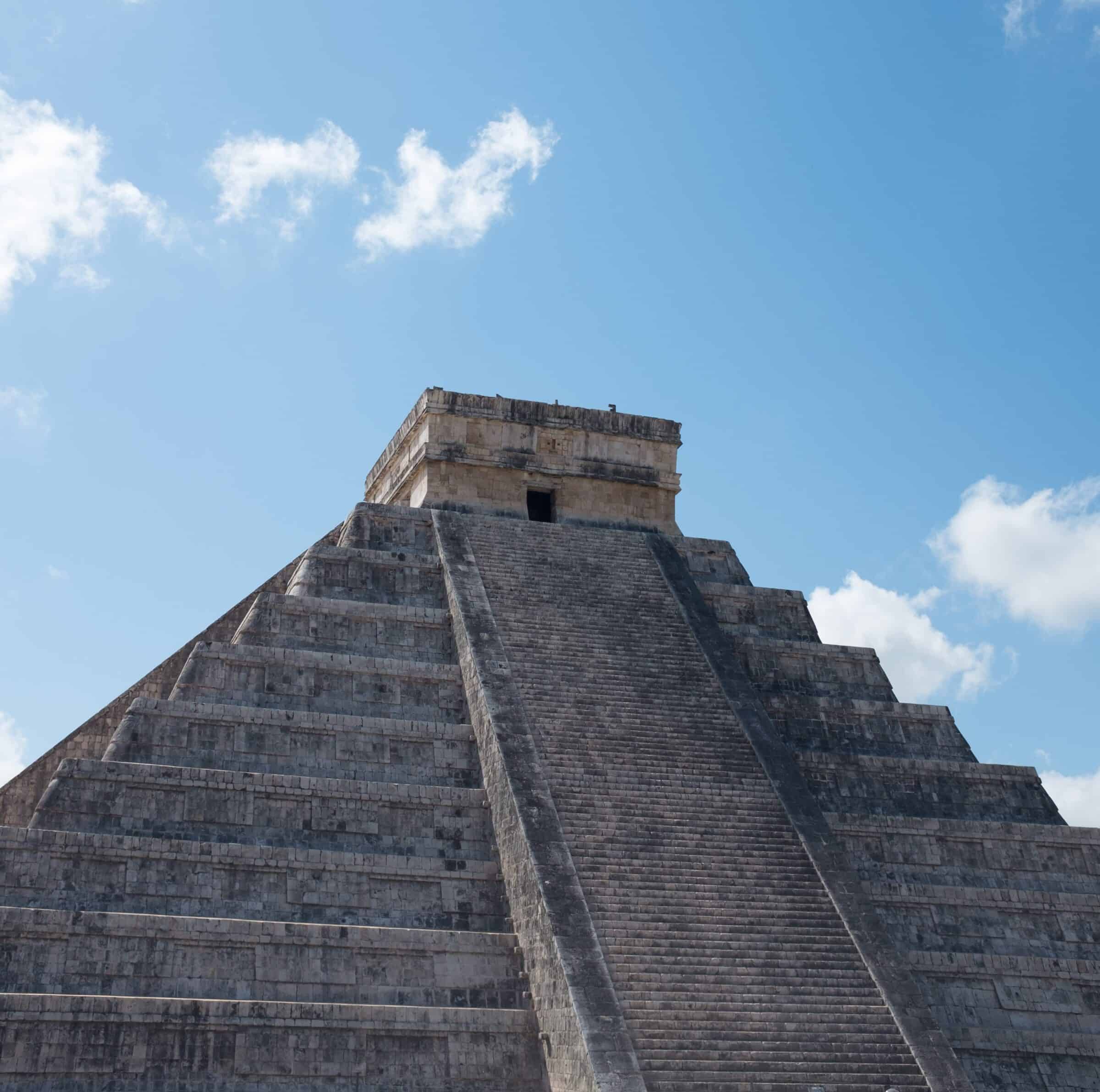Extent of Protection
The main protection given to employees regarding equal pay is provided by the Mexican Constitution, in both sections, A and B. Section A, applicable to all non-governmental employees, establishes in its subsection VII that for equal work, an equal pay must be paid, without taking into account either gender or nationality. Section B, applicable for governmental employees, determines in its subsection V that equal pay must be paid for equal work, without taking into account the gender of the employee. Consequently, article 86 of the Federal Labour Law establishes that when two employees carry on the same job and have the same category, working day and conditions, equal pay is due.
It is also important to highlight that article 1 of the Mexican Constitution states that all forms of discrimination are prohibited, especially if based on ethnic origin, nationality, gender, age, disabilities, social status, health conditions, religion, opinions, sexual preferences, marital status or any other attacks on human dignity, which has the objective to cancel or undermine human rights and freedoms. This perspective is adopted by article 3 of the Federal Labour Law, with one exception, that is when the difference or preference is based on the particular requirements demanded by a specific labour.
In view of the above, in the Federal Labour Law there are certain exceptions to the general rule when employees may receive a different wage even though they develop the same activities. For example, when two employees have the same position and develop the same activities, but work in a different category of ship or plane, or when the routes are different; when employees who work on railway or bus lines that have different levels of importance; when the employees are professional sportsmen, athletes, actors or singers; and when employees work at universities and have different academic credentials.
Remedies
An employee who discovers that he has received a lower pay, despite performing the same work, under similar conditions and with comparable results, can initiate a litigation seeking an “income equalisation”. These cases will be carried out in the local or Federal Labour Courts, depending on the company’s objects and activities. It is important to mention that as from 18 November 2020, the Labour Amendment will start to be applied in several states (others in October 2021 and all of them by May 2022); therefore, the employee will have to participate in a mandatory conciliation before a trial is started. This will give the employee an opportunity to have a dialogue with the company’s representatives in order to solve the issue prior to litigation.
Enforcement/Litigation
There has not been any significant litigation concerning equal pay practices in Mexico, but there are a few cases involving demands for equal pay and government employees claiming “income equalisation”. However, the majority of these cases have failed to achieve anything beneficial for the workers, due to the fact that courts have established that the burden falls on the employee to prove that he/she actually developed parallel skills, performed corresponding activities, had the same working days/hours, and that the conditions were similar in terms of efficiency, based on the quantity and quality of the work product, but still earned less than a colleague performing the same work (for more money). This however, can be very difficult for employees to actually prove. Consequently, in most cases, the courts have denied the employee’s demand for income equalisation, with the result that the employee’s circumstances remain stagnant; the employee will thus have to maintain his/her current salary, benefits and job category.
Other Requirements
Finally, there is a Mexican Norm (NMX-R-025-SCFI-2015) regarding standards for labour equality and non-discrimination, however the norm is not actually binding, rather it sets certain guidelines for workplaces in Mexico and allows employers to receive a certification if they comply with all guidelines. The Mexican Norm has established that companies ought to have a wage list to set minimum and maximum salaries for different categories, as well as defined criteria and requirements for each salary and for salary raises; which would ensure that the identical salaries are paid for the same work. Employers in compliance with this Norm have essentially fulfilled their obligations under the pay equity laws which apply in Mexico.





